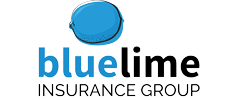
Planning the HOA’s annual budget can be a daunting task. Rather than following the traditional method where you start with a specified amount of income and then allot that money for expenses, the HOA must estimate costs first and then determine how to get that revenue. The property manager, or the HOA management company, is a good starting point. Your management company should know the ins-and-outs of the budget for the current year and for years past. Property management can review these details with the appropriate committee, present their findings to the board, and from there, you can work on making appropriate decisions for the coming year.
Including Insurance Costs in Budget Forecasts
There are many different community issues that must be considered and lots of different areas that demand funds. Amongst all of these factors, it’s important to also include a budget for insurance. So, how does a board best prepare for the cost of rising insurance premiums?
- Consider the previous year’s insurance costs and meet with your insurance agent. You should expect to pay an incremental increase in your premium each year. Furthermore, you must consider whether you have filed any insurance claims the previous year. Depending on the number and severity of claims, your premium may be affected. Meeting with your insurance agent is crucial to making a proper budget. Your agent works for you and is an expert on what coverage you need and how much it might cost. He or she knows the industry trends and will be able to help predict how much to budget.
- Review your property insurance coverage every year. If disaster strikes and you do not have enough coverage, or the proper kind of coverage, you will be stuck with hefty bills that your community may not be able to recover from. Update your building valuations regularly (every three years as a minimum), so that your coverage will be sufficient in the case of any loss.
- Take into account what coverage the association currently has and what coverage changes might be necessary for the coming year. For example, adding additional flood, earthquake, or fire coverage. These extra coverage options might seem overpriced or excessive, but keeping the long term in view, the added cost is always worth it. It’s better to pay more for insurance than to be stuck the bills after disaster strikes.
- When creating your budget make sure to plan for the insurance deductibles that you will have to pay throughout the coming year. Although usually insurance claims come as a result of unforeseen circumstances so you don’t know exactly how much to set aside, you need to have a budget for those bills knowing that they will inevitably come. You can get a general idea of how much to budget for by looking at the past years claims, and setting aside a comparable amount. If setting aside a bulk amount seems too imprecise, it may be helpful to separate budget categories, setting aside a certain amount for community liability, vehicles, buildings, and any other property that is insured.
As a last word of advice, be sure to have a reserve fund set aside that is separate from the insurance budget. A long-term reserve fund will ensure that there is money available when unforeseeable future needs arise, whatever those needs may be.
Managing your Association’s cash flow can be worse! Fortunately, for you, we know some cash flow wizards with special rates, extended terms, and easy payment options. Contact Minfish today! They can get to you in minutes. From your computer. From your mobile. From your underwear? No pens or paper required
